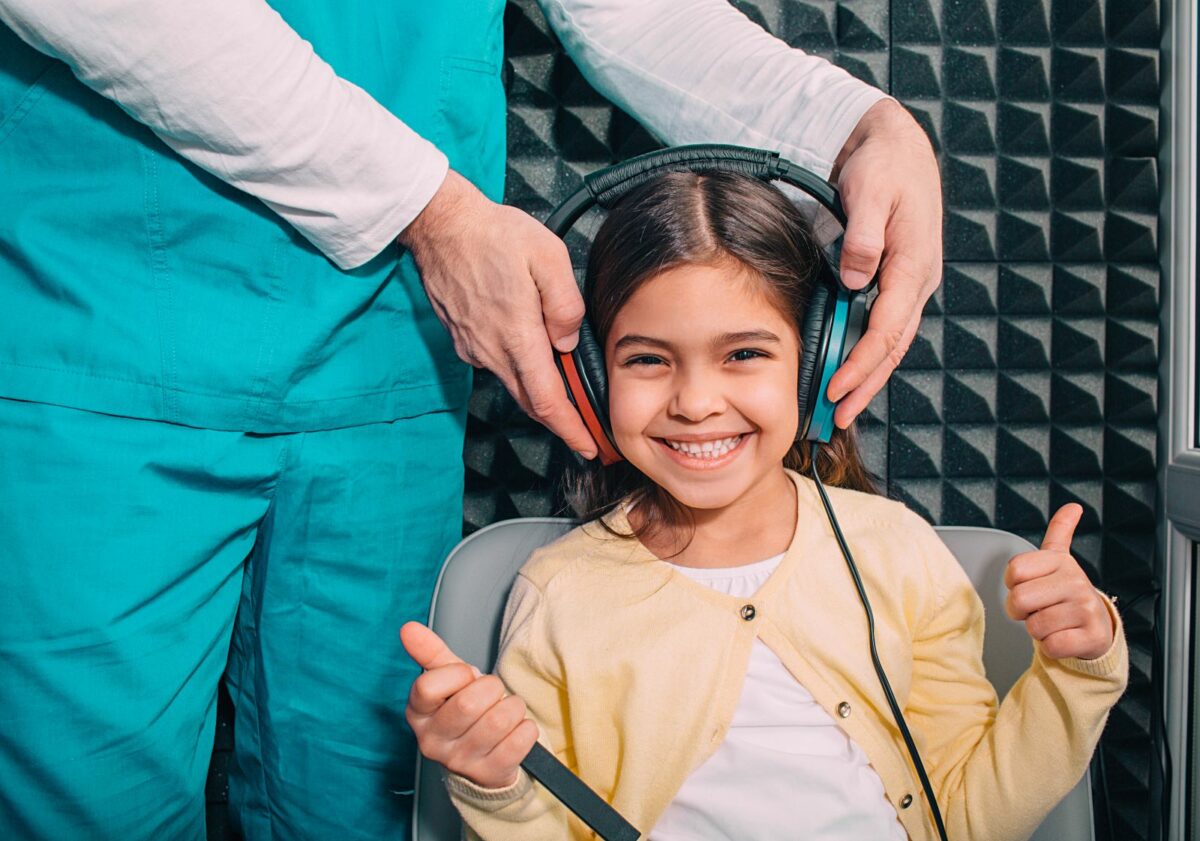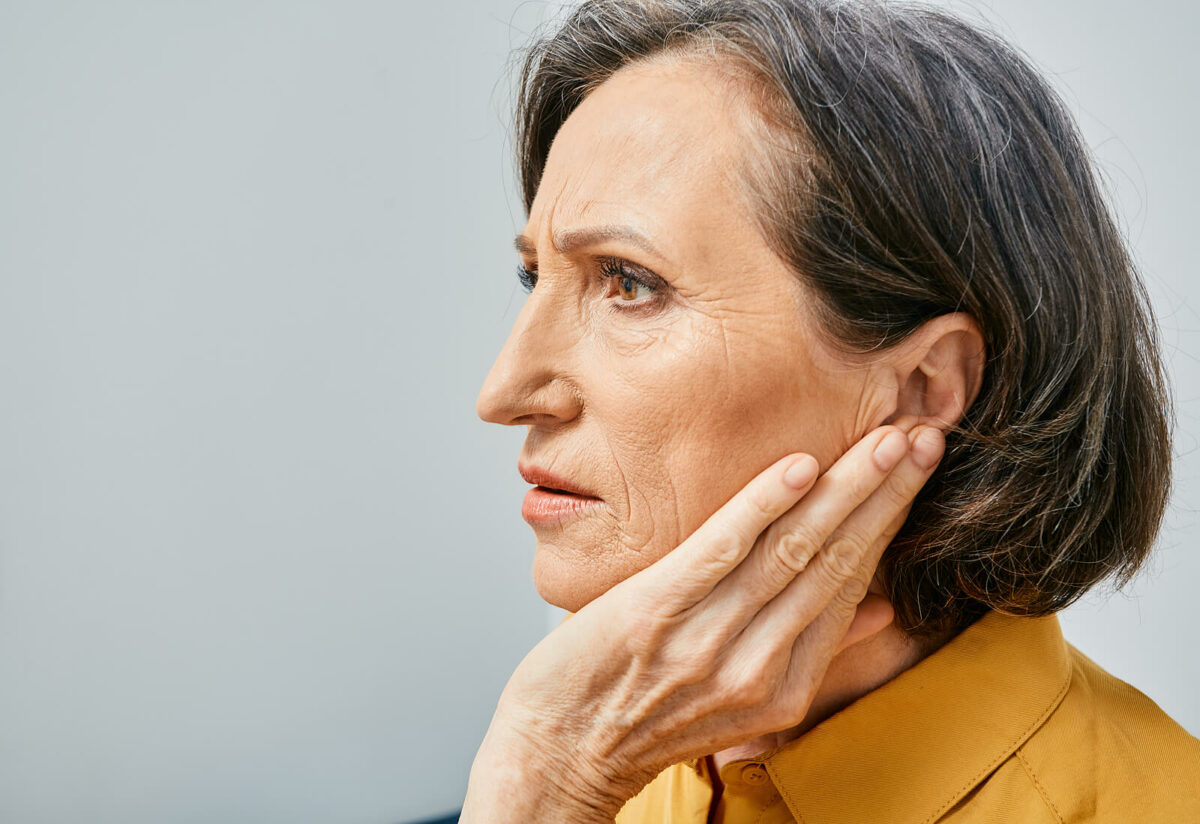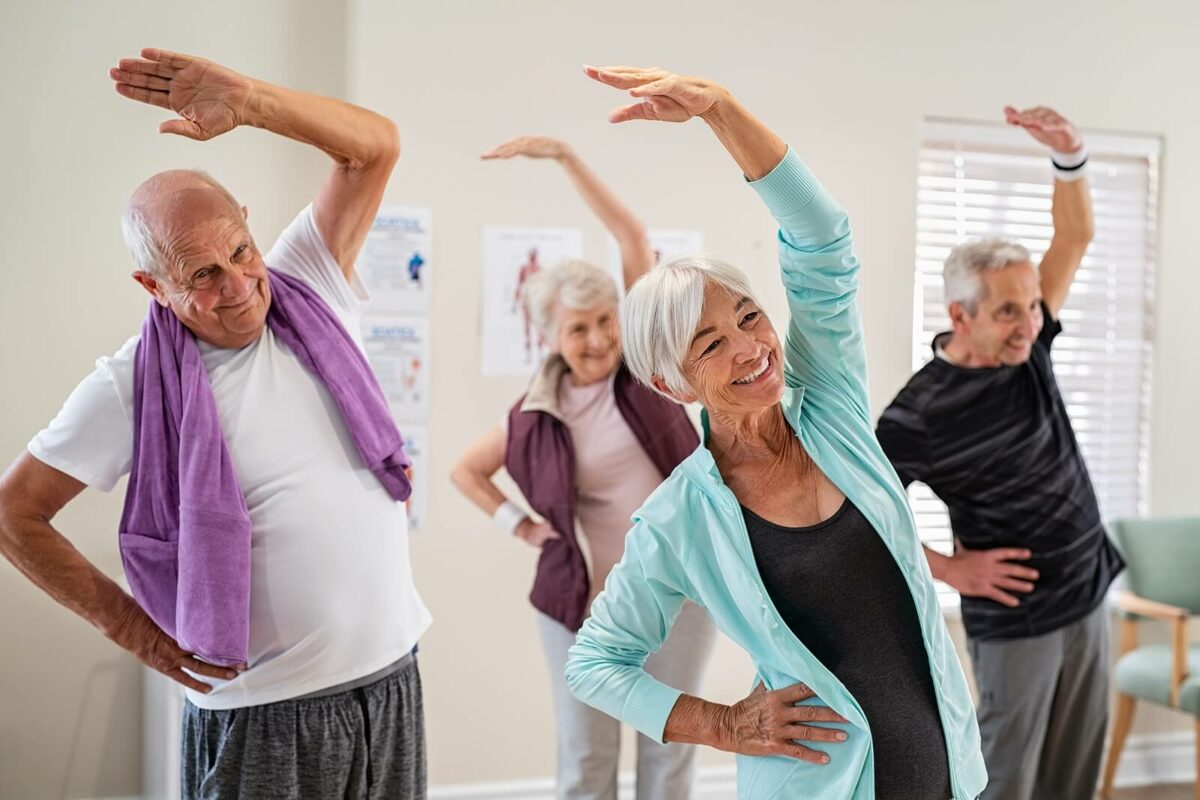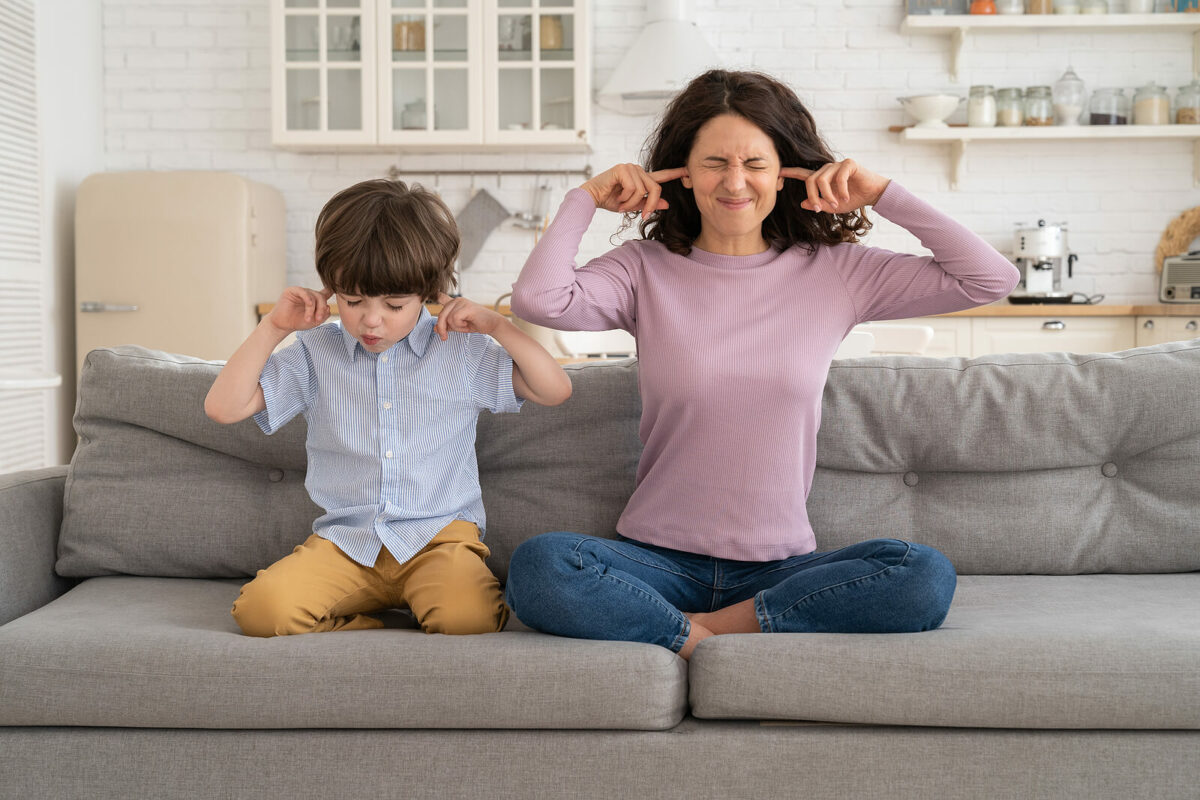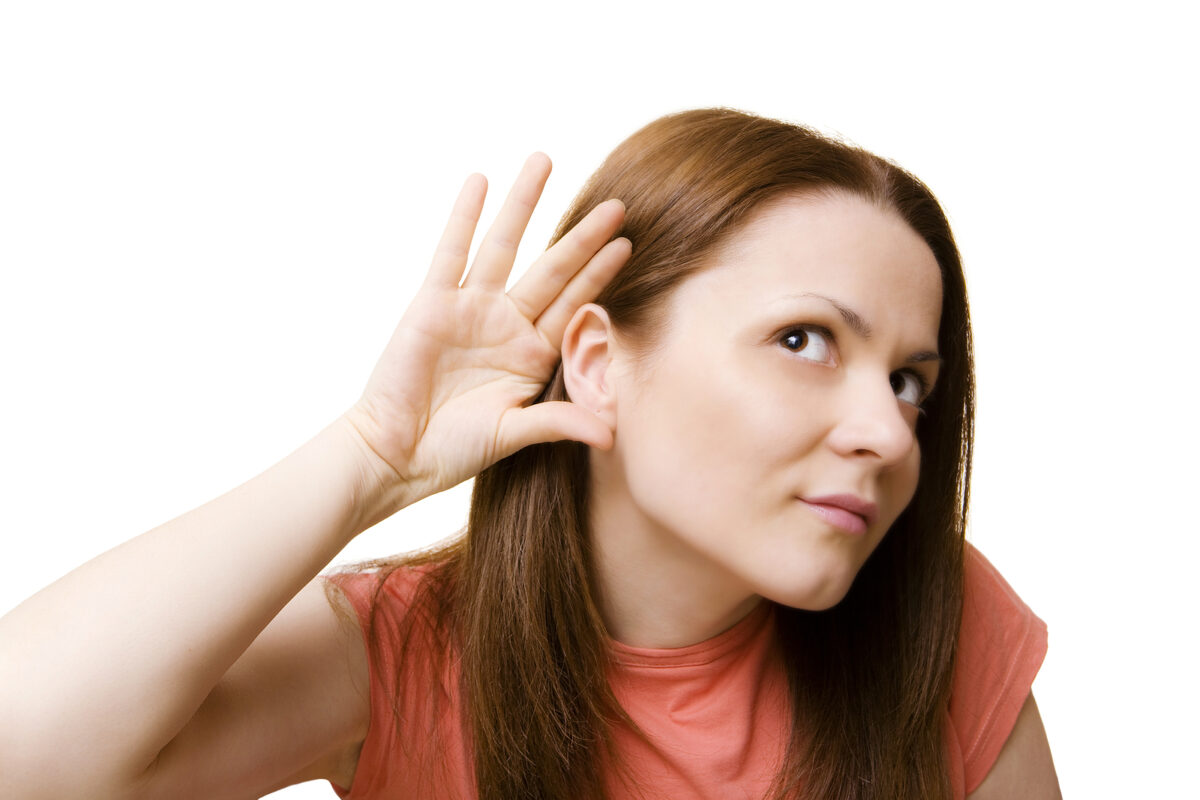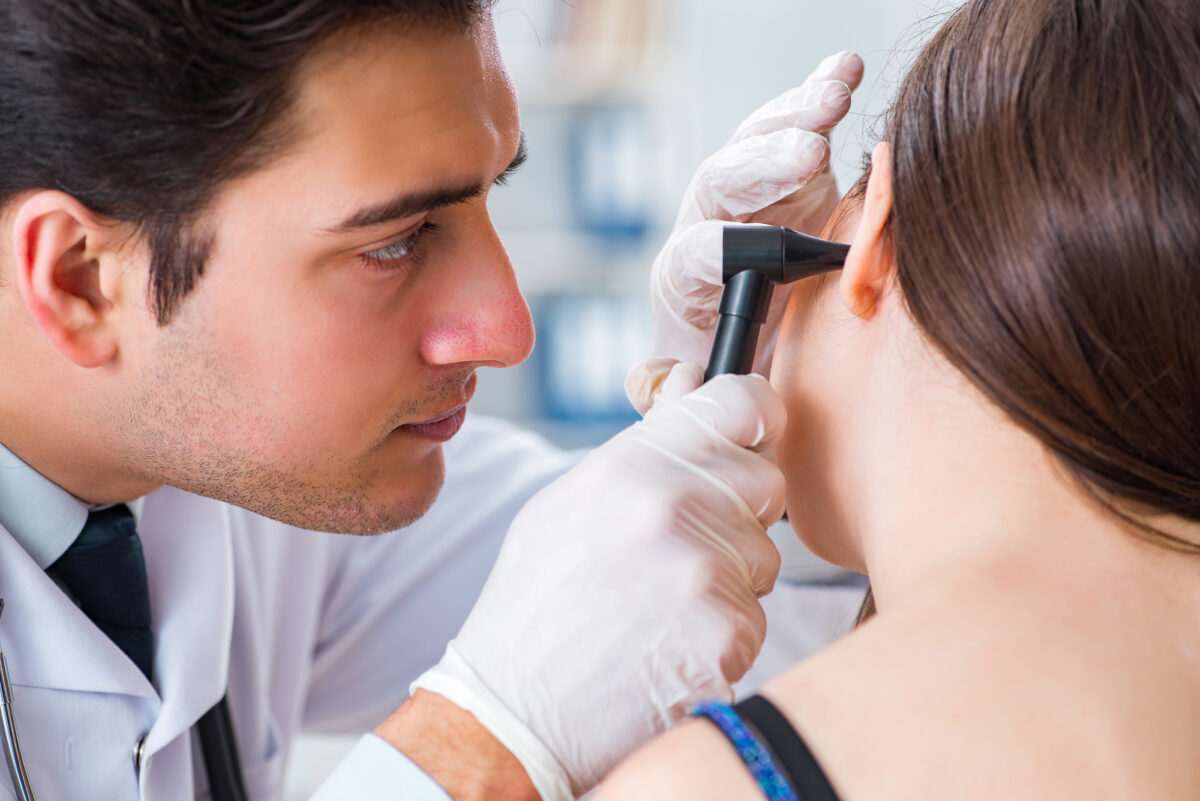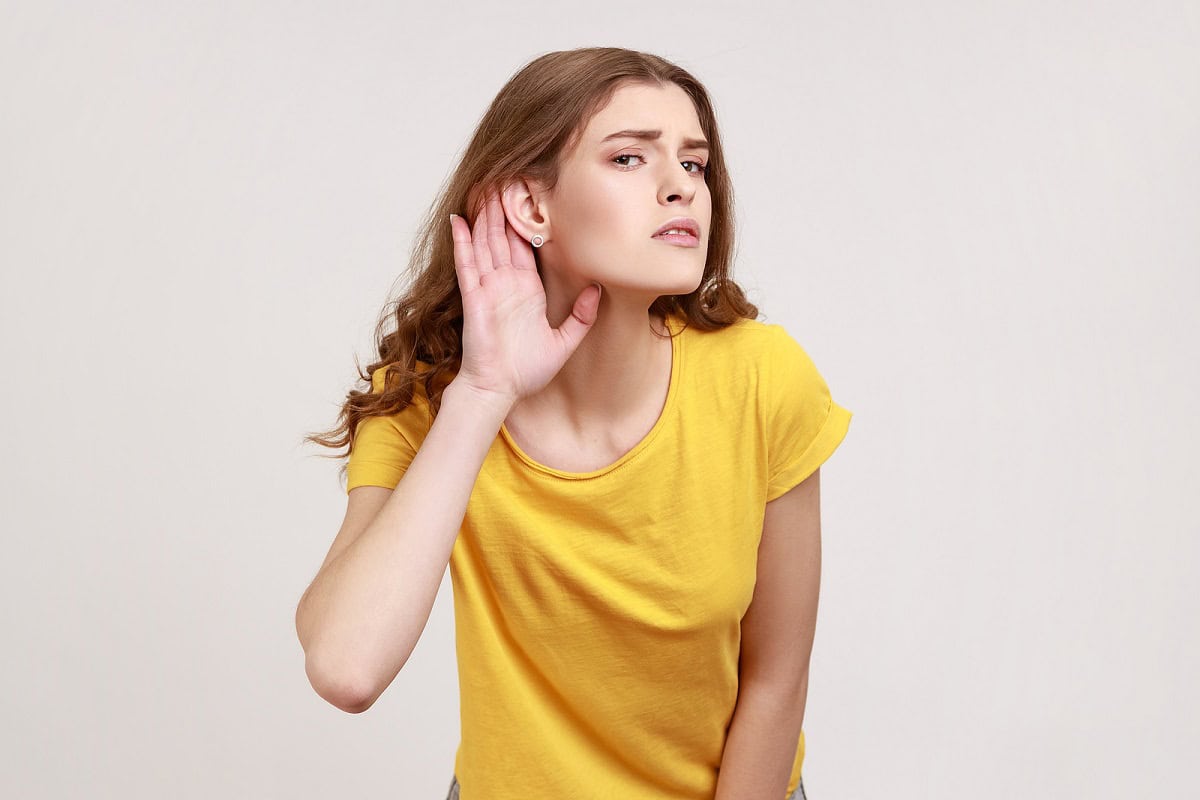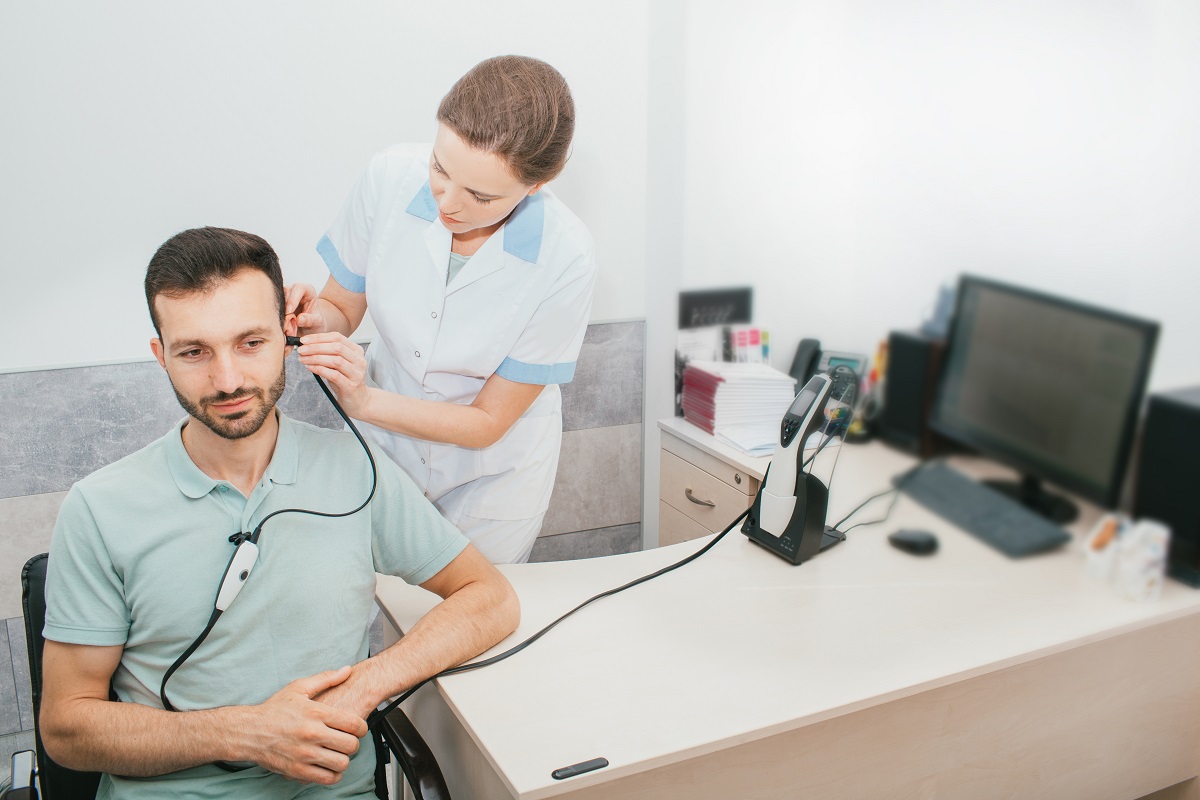March is almost here, and you may have already noticed early buds forming on trees and more sounds of birds chirping around you—or have you? One of the most common signs of hearing loss is struggling to hear sounds others speak about casually such as alarms, leaves blowing in the breeze or the sounds of birds. These are sounds of …
What Are The Signs of Hearing Loss?
As we age, we commonly experience changes in our hearing. The change does not happen suddenly, but is more gradual, like the gradual process of graying hair. Nevertheless, it is crucial to pay attention to these initial indications. Research shows that men are almost twice as likely as women to have hearing loss among adults aged 20–69. Read on for …
How Exercise, Diet, Sleep, and Hearing Affect Brain Aging
What are the essential pillars of health as we age? Well, according to Stephen M. Stahl, MD, PhD, adjunct professor of psychiatry, University of California San Diego “Exercise, diet, sleep, and hearing are four major factors that impact our aging,” During a the 2017 session at the Neuroscience Educational Institute (NEI) Congress Dr Stahl explains the importance of addressing these …
Details Individuals with Hearing Failure Wish You Knew
Do you have a loved one or co-worker with hearing loss? Nearly 1 in 5 people have some degree of hearing loss so you may know someone who experiences hearing challenges. Hearing loss can be stressful and overwhelming to deal with on a daily basis. Though it is incredibly common (impacting over 48 million people), people still do not know …
How Loud is Too Loud for Kids?
The Most Common Causes Hearing loss comes on as a result of prolonged exposure to loud noise. Such exposure commonly happens in our places of employment. A broad range of industries such as construction, mining, agriculture, manufacturing and nightlife can all be particularly risky. Many of our most popular pastimes pose just as much danger, whether it is frequenting massive …
How Smoking and Drinking May Affect Hearing
The Lesser-Known Consequences of Vices Normalized as it may have once been, by now there has been decades of research to prove decisively that smoking is a profoundly damaging habit. The Center for Disease Control and Prevention (CDC) attributes one out of every five deaths in the U.S. to smoking. Smoking causes lung cancer, as well as cancer in all …
A Link between Hearing Loss and Diabetes
New studies have concluded that people with diabetes are twice as likely to be affected by hearing loss than people their same age that don’t have diabetes. Beyond that, between one out of every three or every four people in the U.S. are considered pre-diabetic. That means around 100 million Americans will be diabetic within a decade unless they change …
Add Improved Hearing To Your New Year’s Health Goals!
The New Year The holidays have always been both a time for celebration and reflection. The days are as short as they will be all year and the wind and cold make it tough to be outside. But it is exactly at this time when the environment seems to be encouraging us to isolate that we come together with our …
When Should I Update My Hearing Aids?
Proper upkeep with your hearing health requires vigilant attentiveness. But of course none of us want our hearing health to take up too much of our attention. In theory, when your treatment plan is progressing smoothly, it should not occur to you any more frequently than any other aspect of your life that requires simple upkeep. We have all witnessed …
A Brief History of Hearing Loss
Hearing Loss Today Around the World Estimates vary, but it is safe to assume that at least 10% of the world’s population lives with some degree of disabling hearing loss. Considered another way, there are no less than 700 million people alive today who are deaf to some degree or other. This includes the very small percentage of people born …

